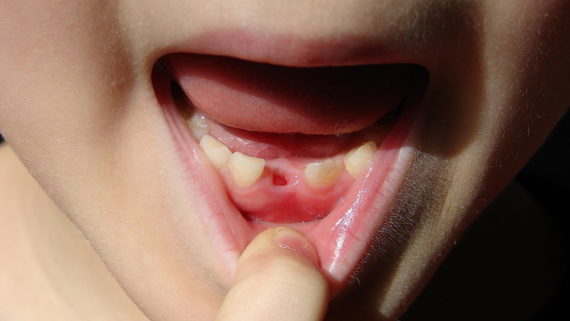The Impact of Dental Health on Your Overall Well-Being
Dentists never fail to remind their patients to practise good oral hygiene habits. When you brush and floss properly every day and take all the necessary steps to maintain good oral health, you can avoid a lot of costly and possibly painful and time-consuming dental issues and treatments. In addition, you won’t have to see your dentist more often than you should aside from your bi-annual visits and during dental emergencies.
But the significance of maintaining good oral health does not just affect your teeth, gums, and mouth, in general. An important Apple Dental FAQ we always try to discuss with our patients is how oral health can affect one’s overall well-being.
How Does Your Oral Health Affect Your General Well-Being?
To answer this question, you need to understand first that oral health is about more than the health of the mouth, teeth and gums.
Since the mouth is a major entryway into the body, poor oral health can have harmful consequences for the entire body.
Bacteria from the mouth can get into the bloodstream and cause infection and inflammation in different parts of your body. Consequently, bad breath, frequent toothaches, and bleeding gums are often signs and symptoms of certain diseases.
Below are some of the most common and serious health problems caused by poor oral health:
1. Heart disease
Various studies show that there is a relationship between periodontal disease and different cardiovascular conditions.
Through these studies, scientists found that bacteria in the mouth, which are involved in the development of periodontal disease, can move into the bloodstream. This, in turn, will cause an elevation in C-reactive protein, an indicator of inflammation in the blood vessels. This change can then increase a person’s risk of heart disease and stroke.
To keep your gums healthy and remove bacteria from your mouth, brush at least twice a day, floss once daily, and rinse with alcohol-free mouthwash.
2. Diabetes
Inflammation of the gum tissue and periodontal disease can make it harder for patients with diabetes to control their blood sugar and as such, make their diabetes symptoms worse.
People with diabetes are also more susceptible to infection such as infected gums that lead to periodontal disease. It is, therefore, important that people with this condition prioritise good dental care every day.
3. Cancer
Poor oral health practices such as smoking or using tobacco products can lead to oral and throat cancers. However, gum disease has also been linked to other types of cancer as well.
Research shows that people with high levels of Porphyromonas gingivalis – a type of harmful oral bacteria that is strongly linked to periodontitis – are more likely to get pancreatic cancer.
To lower your risk of getting pancreatic, oral and throat cancer, it is best to modify your lifestyle and maintain or improve your dental health.
4. Respiratory infections
Your respiratory system can also suffer as a result of poor oral health. If you have an infected tooth or swollen gums, you can inhale the bacteria in your mouth which will end up in your lungs. Bacteria can get into your lungs through the bloodstream as well.
Once bacteria lands in your lungs, they can cause respiratory infections, pneumonia, acute bronchitis, and chronic obstructive pulmonary disease or COPD.
5. Facial and oral pain
Tooth decay, which is caused by poor oral hygiene habits, can cause severe pain in the oral cavity. It can also radiate to the jaws, cheek and ear. Infections of the gums that support the teeth can lead to facial and oral pain as well.
To avoid suffering from pain that comes with tooth decay and gum infections, you need to maintain a healthy mouth.
6. Pregnancy complications
During pregnancy, hormonal changes in the body can increase the risk of oral infections in expecting mums. This, in turn, can increase the risk of the mother experiencing pregnancy complications.
Studies show that oral health problems in the mother such as periodontitis and gingivitis can lead to premature birth and low birth weight in infants.
If you are pregnant, it is important that you practise good oral hygiene.
7. Dementia
Poor oral health has also been linked to a greater risk of developing dementia and the most common form of this illness, Alzheimer’s disease.
Studies have shown that Porphyromonas gingivalis is also present in Alzheimer’s brain samples but not in the samples from the brains of people who did not have this type of degenerative disease. Scientists hypothesise that this type of bacteria can move through the nerves in the roots of teeth that connect directly with the brain or through bleeding gums.
Practising good oral hygiene habits, having a healthy lifestyle, visiting your dentist regularly, and getting preventative dental treatments can do more than just give you a set of pearly whites you can be proud of all the time. If you want to be in great shape from head to toe, inside and out, then improving and maintaining your oral health is an important part of this process.











Comments
No comment yet.